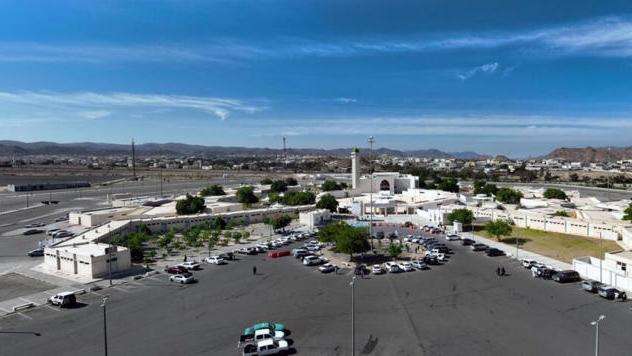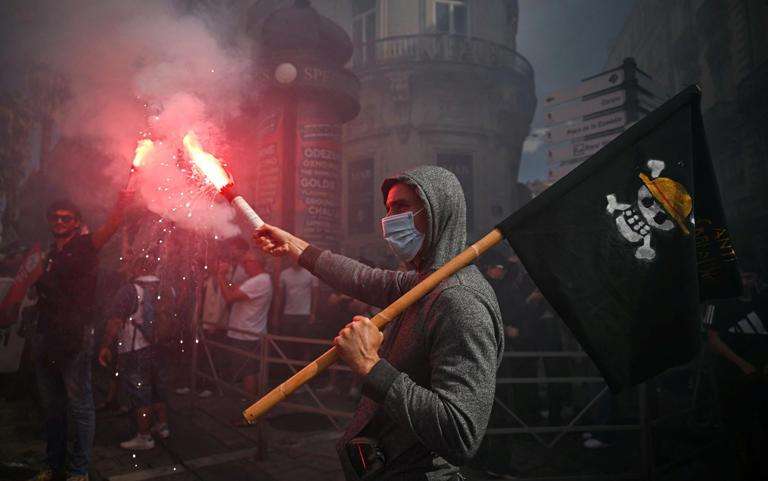The return of former Prime Minister Khaleda Zia to Bangladesh, following a nearly four-month medical stay in London, has dramatically heightened political tensions and intensified calls for an immediate election date. Zia, 79, arrived in Dhaka to a hero's welcome, with thousands of Bangladesh Nationalist Party (BNP) supporters lining the streets, signaling a significant resurgence of her political influence.
Her return, reportedly facilitated with the assistance of Qatar’s emir, is viewed by the BNP as a crucial step towards restoring democratic processes in Bangladesh, which has been under the interim leadership of Nobel laureate Muhammad Yunus since Sheikh Hasina's ousting last August. Zia's presence is expected to galvanize her party's push for elections to be held by the end of the year, a timeline that clashes with Yunus' recent hints of a potential delay until 2026.
This political resurgence also reignites the longstanding rivalry between Zia and the exiled Sheikh Hasina, whose Awami League party remains a significant political force. Hasina, currently in India, faces numerous legal cases related to security force actions during last year's protests.
The current political landscape in Bangladesh is fraught with uncertainty. Yunus, who assumed leadership amidst widespread agitation, has described the restoration of democracy as an "extremely tough" task. The nation of nearly 170 million people is grappling with the aftermath of significant political upheaval, and the timing of the next election remains a critical point of contention.
Adding to the complexity, the return of Zia raises questions about the potential return of her son, Tarique Rahman, who also holds considerable influence within the BNP. While no firm timeline has been established, his return could further reshape the political dynamics and potentially unify the BNP ranks.
Zia's health remains a significant concern. She has been dealing with multiple health issues, and her previous imprisonment on corruption charges, which her party alleges were politically motivated, has further complicated her situation.
While Yunus has not set a definitive election date, mounting domestic and international pressure suggests that elections will likely occur by the end of 2025 or the first half of 2026. This extended timeline, however, is being strongly opposed by the BNP, who are demanding immediate actions. The return of Khaleda Zia has thrown a spotlight on the urgent need for political stability and a clear democratic roadmap in Bangladesh.


_7.jpg)

_8.jpg)



.svg)


